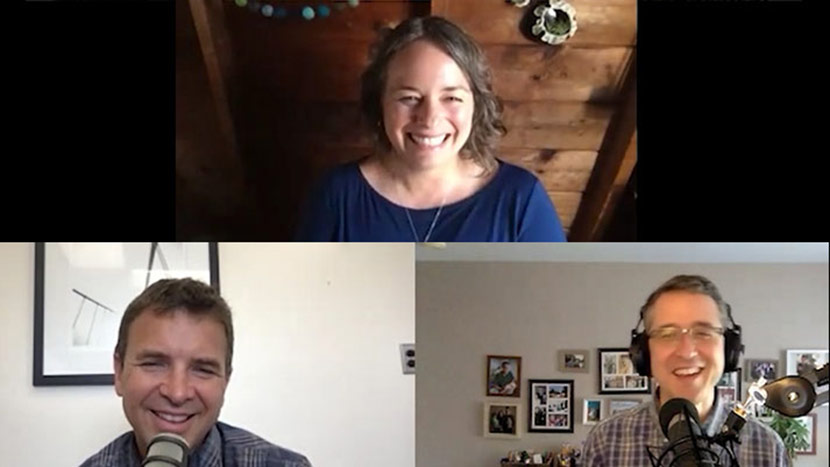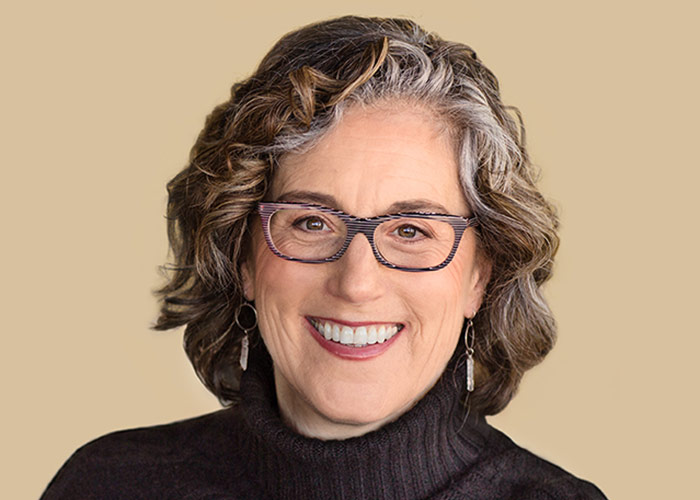We’re
in trouble. There just aren’t enough
specialists in palliative care to palliate all the suffering out there. One estimate of provider need is over 5,000
full time employees, which could require up to 18,000 trained providersdepending
on the proportion of time providers devote to the practice of palliative
medicine.
One
important strategy to address this problem, as highlighted by the recent IOM report Dying in America, is
to improve the skills of all providers in the practice of “primary” palliative
care.
Historically,
some physicians have turned towards palliative medicine and hospice later in
their careers – perhaps out of a desire to broaden the meaning they find in their
work. However, board eligibility in Hospice and Palliative Medicine now
requires fellowship training. While this
is a wonderful thing for establishing the legitimacy of the field, a potential
externality is further threatening the workforce supply. Not only are there a limited number of
Palliative Medicine fellowships, it is very difficult for many mid-career
clinicians to obtain training without a major disruption of their lives, such
as leaving their practice and/or moving. Currently there are 300-350 palliative
medicine fellows in training each year; there are a limited number of
opportunities for specialty training for nurse practitioners and no programs we
are aware of for physician assistants.
Amos
Bailey, MD, a well-known leader in the field of Palliative Medicine and a new
colleague of mine at the University of Colorado has a pretty innovative
idea. He has set up a task force to
prepare an application to the Board of Regents to offer a new degree program:
Master of Science in Palliative Care. This would be an inter-professional executive Masters that would be provided predominantly online (with three separate
one-week on-campus intensives). This
program will be designed for the clinicians (physicians and advance practice
providers) who are already working and need or desire more training in
Palliative Care.
As
part of this effort, we need to gauge potential interest in such a Masters
Program. Dr. Bailey has prepared a brief
(2-3 minute) survey to explore potential demand among physicians and advanced
practice providers who might be interested in such a program. [Click here for a link to the survey]
What do you think of this
idea? Personally, I’m pretty sold on the idea. Currently, the need is so great that I have no worry that such a program
would undermine my board certification in Hospice and Palliative Medicine
although I can see that being a concern. We would love to hear thoughts. Also, any help you can provide in identifying potential participants in
the program to respond to our survey would be greatly appreciated.
by: Dan Matlock, MD, MPH



